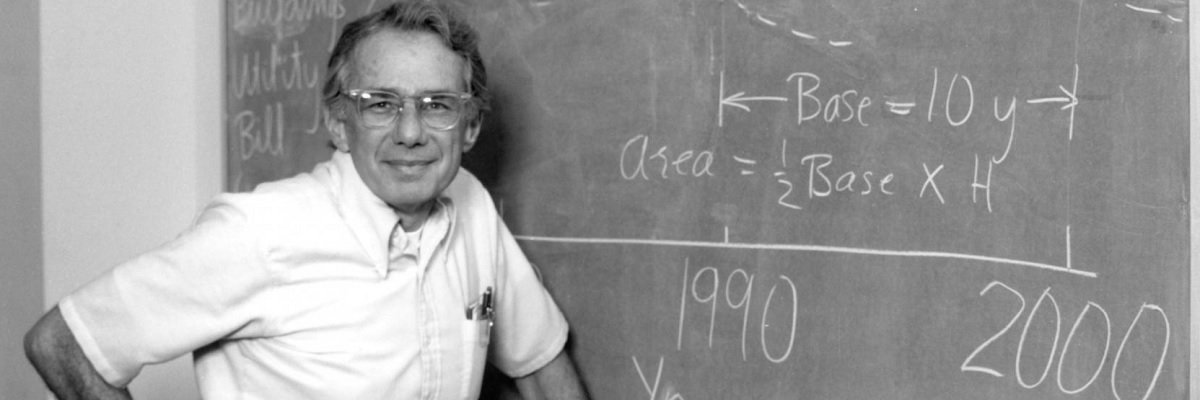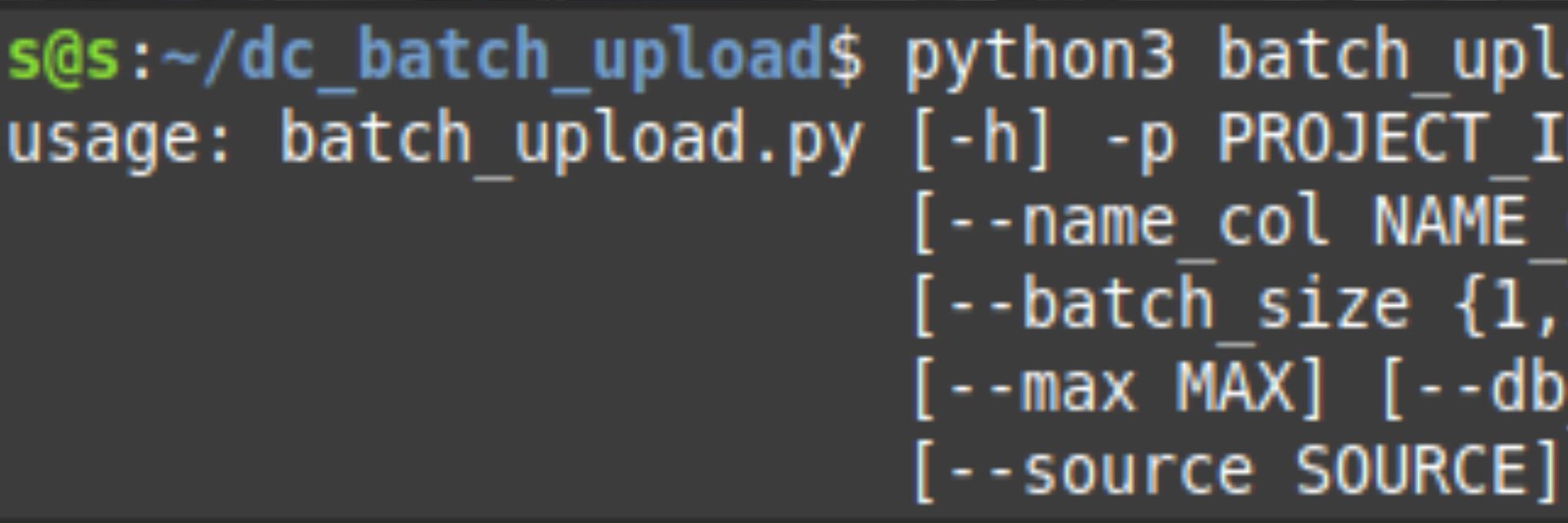Though Arthur H. Rosenfeld would later rise to prominence as the “father of energy efficiency” for his role in creating new global standards for sustainable energy use in the ‘70s, the physicist’s FBI file is focused on a younger Rosenfeld being a high-profile target for Soviet spies. In addition to his coveted “Q” clearance allowing access to a stash of nuclear secrets, Rosenfeld’s criticism of what he felt was extremism in defense of liberty - including an impassioned political debate that took place entirely on the margins of a table mat - had the Bureau wondering the extent to which Rosenfeld could be trusted at academic conferences held behind the Iron Curtain, according to the documents released to Parker Higgins.
Rosenfeld was first invited to the Soviet Union in October 1959, while he was attending a conference in Europe on behalf of the Atomic Energy Commission. Though Rosenfeld was unable to accept the invitation due to time constraints, similar to his colleague Richard Feynman, the invitation alone kicked off an FBI investigation into whether Rosenfeld could be trusted.
Rosenfeld came from what was described to be a family of “sincere and active humanitarians,” and had in the past made comments critical of the House Un-American Activities Commission, U.S. foreign policy, and nuclear proliferation, all quite literal red flags for the Bureau.
Most bizarrely, the FBI focused on an incident from September 12th, 1952 at the Cornell Club in Chicago, in which Rosenfeld objected to a statement written on a table mat to the effect of “better dead than red” as overly reductive.
When the Bureau interviewed him as part of its investigation in March 1960, an understandably perplexed Rosenfeld was asked to reconcile his hastily scrawled rebuttal of nearly eight years ago. Which Rosenfeld conceded the message was “poorly worded and written,” he maintained that “capitalism is good, communism is evil” was an oversimplification.
Rosenfeld’s appeal to nuance appeared to win the Bureau over, and the interviewer concluded that he was a sincere anti-communist, albeit one with strong liberal leanings who felt that open dialogue was a preferable solution to nuclear war.
A few weeks later, FBI Director J. Edgar Hoover recommended to the Special Agent in Charge of the San Francisco Field Office another interview with Rosenfeld, but stressed the importance of making it clear that Rosenfeld himself was not under investigation - they just wanted to alert him to the possibility of Soviet espionage.
Rosenfeld agreed to contact the Bureau if he so much as caught a whiff of anything shady, and the matter was apparently closed.
However, unbeknownst to Rosenfeld, his file stayed open throughout the rest of the decade, with the FBI keeping tabs on his work opposing the Sentinel anti-ballistic missile program (a precursor to the so-called “Star Wars” program of the ‘80s) and his attendance at various peace rallies in the Bay Area.
Fortunately for Rosenfeld, he never left any more messages on any more place mats, and as such, was never again formally interviewed by the Bureau.
An edited version of Rosenfeld’s file is embedded below, and the rest can be read on the request page.
Image via US Department of Energy




